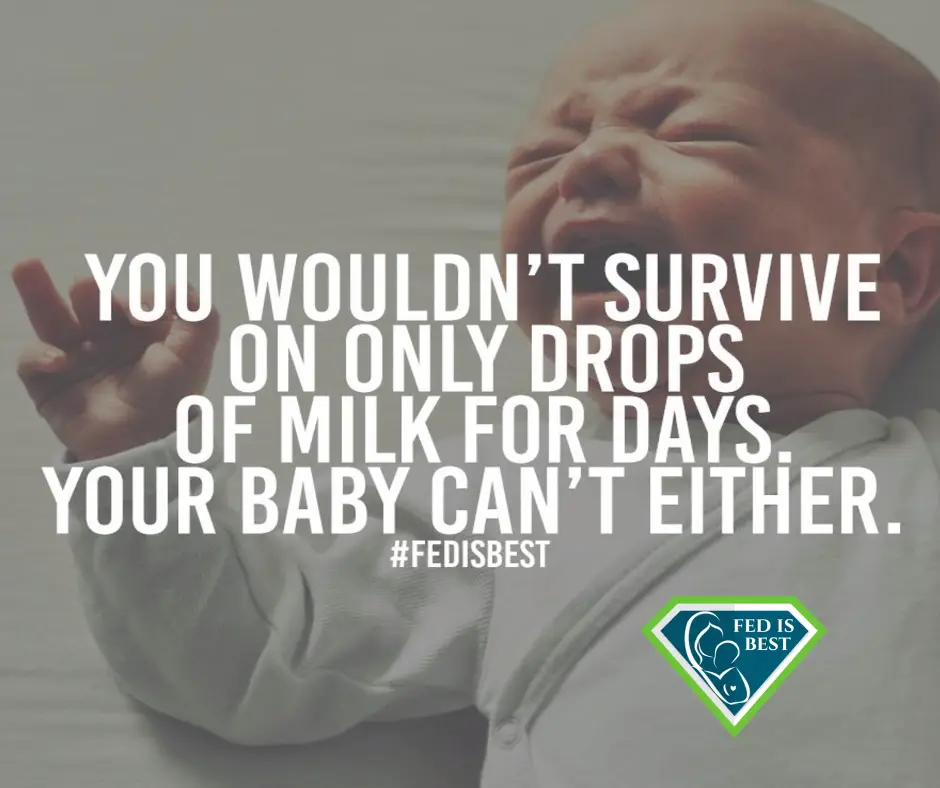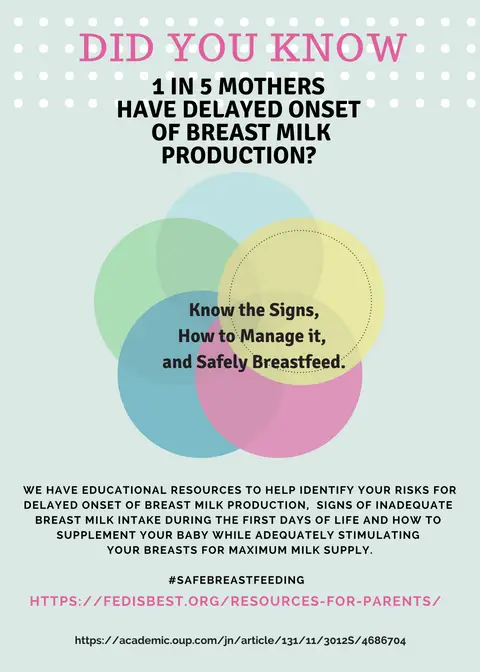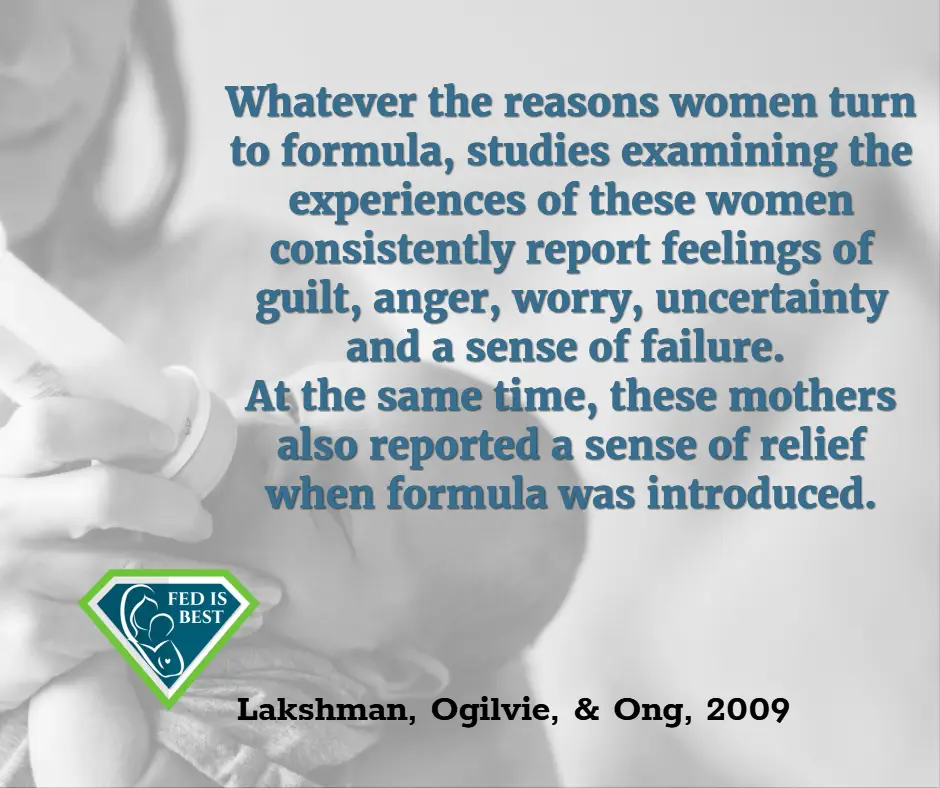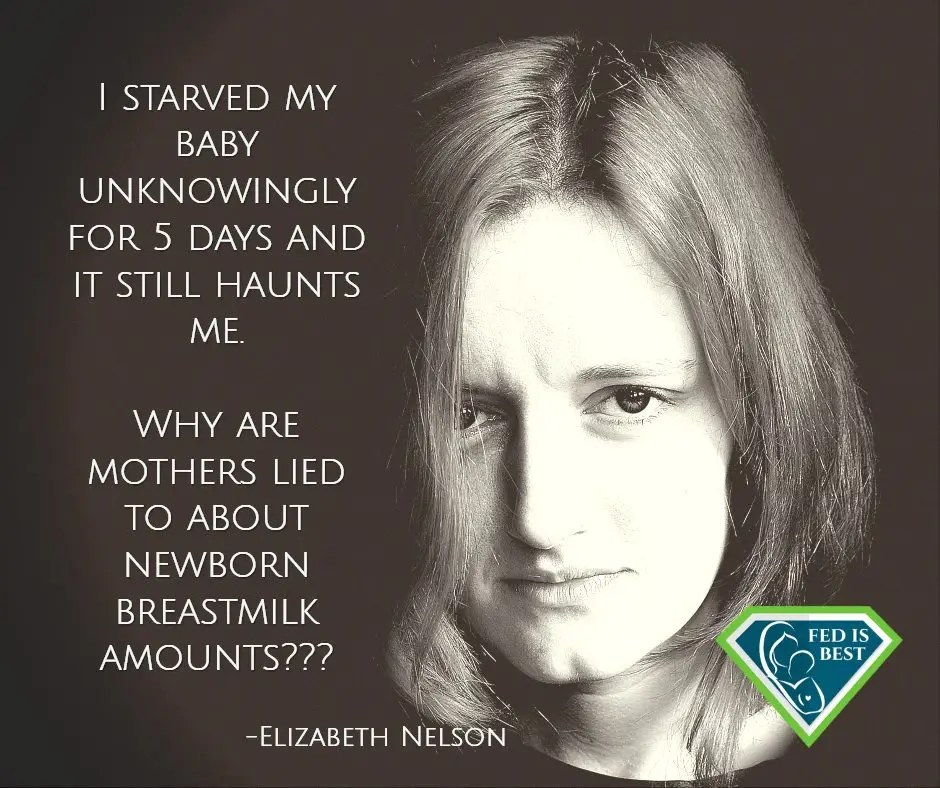Corrine
I’ve been trying to write this for two months but my mama bear anger has been difficult to process. I’m done with obsessing now, and I hope telling my story will help me and any other mother who may be feeling the same way. I want to move on from the anger so I can be the happiest and the best mother for my baby.
I researched extensively about birthing and breastfeeding while I was pregnant. I was extremely determined to breastfeed and I learned to do so meant I was a great mother and considering the information regarding the amazing benefits which went largely unchallenged, I just couldn’t understand why any woman wouldn’t want to do this. At no point did I ever read any literature or even speak to anyone who highlighted the difficulties of breastfeeding or that some women were biologically unable to breastfeed. At no point did it ever feel like it was a choice. There was no choice – good mothers breastfeed, they gave their babies the very best- the “gold standard” they called it. My mindset had also taken on a deep suspicion of formula as an unnatural ‘chemical substance’ and basically a second-best feeding alternative and who wants to give their baby second best. Not only this but I had been repeatedly advised by mothers in support groups not to supplement as this reduced your supply and interfered with the breastfeeding relationship which would ultimately rob your baby of the “best”. There was absolutely no choice.
At no point did I ever read any literature or even speak to anyone who highlighted the difficulties of breastfeeding or that some women were biologically unable to breastfeed. At no point did it ever feel like it was a choice.
Immediately after birth, I held her to my breast to feed her, being aware of the importance of establishing a good breastfeeding relationship as soon as possible. She appeared to latch but then fell asleep and this was the pattern, latch then fall asleep. We were visited by midwives and two lactation consultants and they all said she was feeding really well and because we had wet nappies they assured us that everything was fine. I repeatedly asked when my milk was likely to come in and they assured me that in the early days her stomach would be “teeny tiny” and all she would need would be a few drops of colostrum and that would be enough to fill her. This matched information I’d read so I didn’t have any reason to challenge this but I was concerned that there was no way of knowing how much colostrum she was getting from me but I was repeatedly advised to trust my body and so I did.

We left the hospital at 6 pm on the second day of her life and that night and most of the following day our sleepy baby was very much awake and very, very angry. She screamed and screamed despite me holding her to my breast—she just screamed. I was exhausted. “Has your milk come in yet,” my mother kept asking me. I didn’t know, I didn’t feel engorged and I hadn’t had any milk leaking from my breasts. I hadn’t seen any colostrum—there was nothing. My mother looked concerned but when I phoned the birthing unit they assured me this was normal. On day four, we brought her to the weigh-in clinic as arranged by the hospital.
I’ll never forget how I felt at her first weigh in. The look of shock and concern on the lactation consultants face when she told me that my baby had lost 15% of her birth weight in four days put me in shock. I was so devastated that I was just inconsolable.

I didn’t understand. I had been nursing her every 2-3 hours sometimes for an hour at a time to make sure she was well fed. She told us that she couldn’t let us take our baby home unless we fed her formula right then and there. Looking back what upsets me the most is my reaction. I freaked out because if we gave her formula then this would surely affect my supply and my baby would develop nipple confusion and then she would never breastfeed and surely this would be bad for her. The lactation consultant explained that if we didn’t give my baby the formula she would be forced to readmit my baby to the hospital for jaundice and dehydration.
I had been starving my baby for four days and my first thought at receiving this information was how one bottle of formula would have a detrimental impact on my baby and my ability to breastfeed her moving forward. How utterly f@@@@d up is that!
We gave her the formula. I was given a breast pump and told to pump every 2-3 hours around the clock and I did. My life for the next four weeks was nursing for 20 minutes each side, supplement with a bottle of expressed milk or formula – as much as she would take and then pump for another 40 minutes every 2-3 hours. I did this through the day and night, without fail. I used to take my pump to bed with me, set my alarm so I wouldn’t miss any pumping times. Sometimes my husband would be able to supplement her while I pumped. After every breastfeeding, she would suck furiously on the bottle and I knew this was because she was still hungry. On day 7 my milk came in, my breasts were swollen and sore for a day and then they were back to normal. Sometimes, my pumping sessions went on for over an hour as I tried to mimic cluster feeding but I never got more than 1 ounce in total.

My husband was really worried about any future attempts to exclusively breastfeed the baby following the weight loss and he kept asking the lactation consultant how we would know how much milk she was getting from my breast. The response from the lactation consultant was to trust my body and that there would be enough milk there. This led to a heated discussion between my husband and the lactation consultant who told him that she felt he didn’t support my decision to breastfeed and she was concerned for my well being and that she would refer us to counseling. He was furious and he didn’t want her in the house again, which basically cut off my only breastfeeding support and resulted in horrible arguments between my husband and I. I was so desperate to breastfeed that I just didn’t see his concerns. Now I can completely understand where he was coming from and I get upset with myself for not being in that same mindset at the time.
The response from the lactation consultant was to ‘trust’ my body and that there would be enough milk there.
The mothers from the online breastfeeding support groups were anything but supportive. Because I’d ‘allowed’ the use of formula, I faced a lot of verbal abuse and sneers. The overwhelming view was that I’d caused my production issues by allowing the use of formula and needed to be “educated” or that I wasn’t trying hard enough and was looking for an easy way out. Many mothers told me to disregard the lactation consultant who they felt should be fired for her poor advice—that I should flatly refuse to give formula and keep trying to breastfeed her until it worked. Although I was desperate to breastfeed her, I knew this advice was dangerous and I eventually left all of these groups.
I reached out to my local breastfeeding support group, but they referred me back to the hospital lactation consultants who, by this point, I had little faith in. My baby was slowly gaining weight but I have no doubt this was because of the amount of formula she was drinking and not because of my breast milk.
The first 4 weeks of her life were the worst of my life. I was exhausted, she was angry and I felt there was no help or advice. I felt like a complete failure for having to give her formula, like a terrible mother. My anxiety peaked and I began to obsessively research about breast milk online. I must have spent hours scouring articles online trying to find answers as to why this wasn’t working and about the components of breast milk. I was stunned to read that the scientific literature was very different than the literature tinged by breastfeeding culture. The benefits claimed about breast milk for full-term babies were certainly not “proven” or agreed by all. In fact, the only concrete benefit I could find was a slight benefit to immunity against the ear or gastric infections, but this wasn’t guaranteed for every breastfed baby.
It’s difficult to convey what it feels like to desperately want to feed your baby in the way that has been enforced to you as critical, when your body is failing to deliver. Unless you have failed at breastfeeding, you cannot possibly imagine what this feels like.
I developed an obsessive compulsion to research the scientific literature about breast milk. I scoured support groups, forums, and blogs looking for any information to help us. Eventually, I started to have intrusive thoughts about my baby starving to death and I was helpless to stop it. One day when we were out food shopping, I looked at my husband and told him that I thought we needed to buy more formula and food in case there was a major incident like a war/plague and we were unable to get food because we may be barricaded in our house or on the road trying to escape. Although I knew what I was saying didn’t make sense, I was dead serious.
I was beginning to slip into a state of post-natal depression and could feel myself spiraling out of control. My counselor advises this is very normal for women in my situation but it. was. terrifying!
I started to feel really angry—enraged actually—probably compounded by the exhaustion of pumping around the clock. I wasn’t really bonding with my baby either. We didn’t go anywhere or enjoy our time together and my heart broke with every bottle of formula. I felt overwhelming guilt and one day I picked up a leaflet at the baby clinic about SIDS and was reading it at home. It said that the number one factor reducing the risk of SIDS is to breastfeed and that just tipped me over the edge into a sobbing mess. I cried almost every day for 4 weeks.

I stopped pumping during the fifth week. I recall being concerned at how to get rid of my “supply” but I didn’t have to be concerned at all because I didn’t feel any pain when I stopped pumping, it just disappeared. In fact, I never felt any physical pain during breastfeeding once, any pain, no letdown, any swelling or leaking, nothing. When I stopped pumping we started to develop an amazing bond. We started to go out to baby groups and I started to enjoy her for the first time. I actually found that my baby was very happy, content, and rarely cried. I was finally able to parent my baby with love and not fear.
-Corrine Faust

There are many ways you can support the mission of the Fed is Best Foundation. Please consider contributing in the following ways:
-
- Join the Fed is Best Volunteer group to help us reach Obstetric Health Providers to advocate for counseling of new mothers on the importance of safe infant feeding.
- Make a donation to the Fed is Best Foundation. We are using funds from donations to cover the cost of our website, our social media ads, our printing and mailing costs to reach health providers and hospitals. We do not accept donations from breast- or formula-feeding companies and 100% of your donations go toward these operational costs. All the work of the Foundation is achieved via the pro bono and volunteer work of its supporters.
- Share the stories and the message of the Fed is Best Foundation through word-of-mouth, by posting on your social media page and by sending our resources to expectant moms that you know. Share the Fed is Best campaign letter with everyone you know.
- Write a letter to your health providers and hospitals about the Fed is Best Foundation. Write to them about feeding complications your child may have experienced.
- Print out our letter to obstetric providers and mail them to your local obstetricians, midwives, family practitioners who provide obstetric care and hospitals.
- Write your local elected officials about what is happening to newborn babies in hospitals and ask for legal protection of newborn babies from underfeeding and of mother’s rights to honest informed consent on the risks of insufficient feeding of breastfed babies.
- Send us your stories. Share with us your successes, your struggles and everything in between. Every story saves another child from experiencing the same and teaches another mom how to safely feed her baby. Every voice contributes to change.
- Send us messages of support. We work every single day to make infant feeding safe and supportive of every mother and child. Your messages of support keep us all going.
Thank you so much from the Founders of the Fed is Best Foundation!

